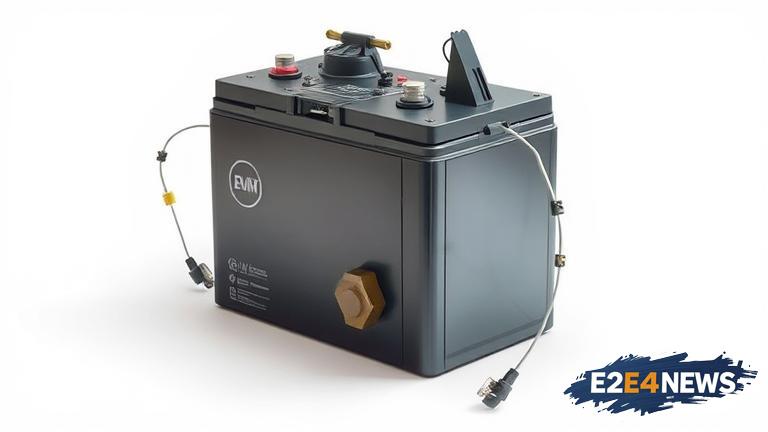The Australian government has announced plans to support the development of a domestic battery manufacturing industry, with a focus on creating jobs and driving economic growth. This move is seen as a significant step forward for the country, which has long relied on imported batteries. Several key projects are already underway, including the construction of a new battery factory in Queensland. The factory, which is being built by a consortium of Australian companies, will have the capacity to produce up to 1 million batteries per year. The project is expected to create hundreds of jobs and generate significant economic benefits for the region. In addition to the Queensland factory, several other battery manufacturing projects are also in development across the country. These projects are being driven by a combination of government support and private investment, and are expected to play a key role in helping Australia to reduce its reliance on imported batteries. The development of a domestic battery manufacturing industry is also seen as a key step towards reducing Australia’s carbon footprint, as batteries will be used to store energy generated by renewable sources such as solar and wind power. The Australian government has set a target of generating 50% of the country’s energy from renewable sources by 2030, and the development of a domestic battery manufacturing industry will be crucial in helping to achieve this goal. The industry is also expected to drive innovation and investment in related fields, such as energy storage and electric vehicle technology. As the demand for batteries continues to grow, driven by the increasing adoption of renewable energy and electric vehicles, the development of a domestic manufacturing industry will help to ensure that Australia is well-placed to meet this demand. The government has also announced plans to provide funding and support for research and development in the field of battery technology, which will help to drive innovation and improve the efficiency and affordability of batteries. This funding will be provided through a range of programs, including grants and tax incentives, and will be available to companies and researchers working on battery-related projects. The development of a domestic battery manufacturing industry is a complex process, and will require significant investment and support over the coming years. However, the potential benefits are substantial, and the industry is expected to play a key role in driving economic growth and reducing Australia’s carbon footprint. The government has also announced plans to work with industry partners to develop a comprehensive strategy for the development of the battery manufacturing industry, which will help to ensure that the industry is able to meet the growing demand for batteries. This strategy will include measures to support the development of new technologies and manufacturing processes, as well as initiatives to promote the adoption of batteries in a range of applications, including electric vehicles and renewable energy systems.
